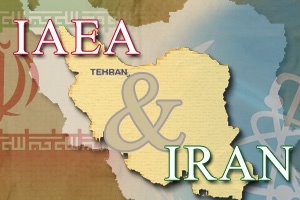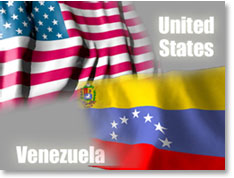Latin America:
Brazil Poised To Join Nuclear Elite
10 February 2006
KNIGHT RIDDER NEWSPAPERS (BRAZIL) - Brazil, Latin America's largest country, is weeks away from becoming the ninth country to produce large amounts of enriched uranium, which can be used to generate nuclear energy or to make nuclear weapons. The Resende plant will initially produce 60 percent of the nuclear fuel used by Brazil's two nuclear reactors. With a third reactor in the planning stages, the Brazilian government hopes to eventually produce enough nuclear fuel for all of Brazil's reactors and have excess for export. Brazilian energy officials said the Resende plant will make Brazil's nuclear program self-sufficient and allow the country to stay in the nuclear race with other world leading nations. Brazil needs more than 120 tons of enriched uranium a year, but Lawrence Scheinman, a former U.S. arms control official, said that need doesn't warrant an industrial facility of Resende's magnitude since global supplies of enriched uranium are running high. With Iran's controversial uranium enrichment program stirring international concern, some United States (U.S.) observers fear Brazil's Resende program will spur more countries to make nuclear fuel, thus increasing the risk of nuclear weapons proliferation. However, Brazil is a signatory to the Non-Proliferation Treaty, has all 20 of its nuclear material facilities under International Atomic Energy Agency (IAEA) safeguards and has worked closely with the IAEA during Resende's planning and construction contrary to Iran, also a NPT member, which hid their uranium enrichment work for 18 years and is a known state sponsor of terrorism. Originally planned for January 20, 2006, the Resende plant's inauguration was postponed due to construction delays. Brazil has the world's sixth largest deposit of uranium.
Source Reliability: 7.0
Comment: Brazil's two nuclear reactors are Angra I and Angra II with Angra III planned.
Analysis: With the most advanced nuclear program in Latin America, Brazil's will likely emerge as the region's dominant nation in the next two years with the addition of uranium enrichment at Resende.
Analytic Confidence: 8.0



